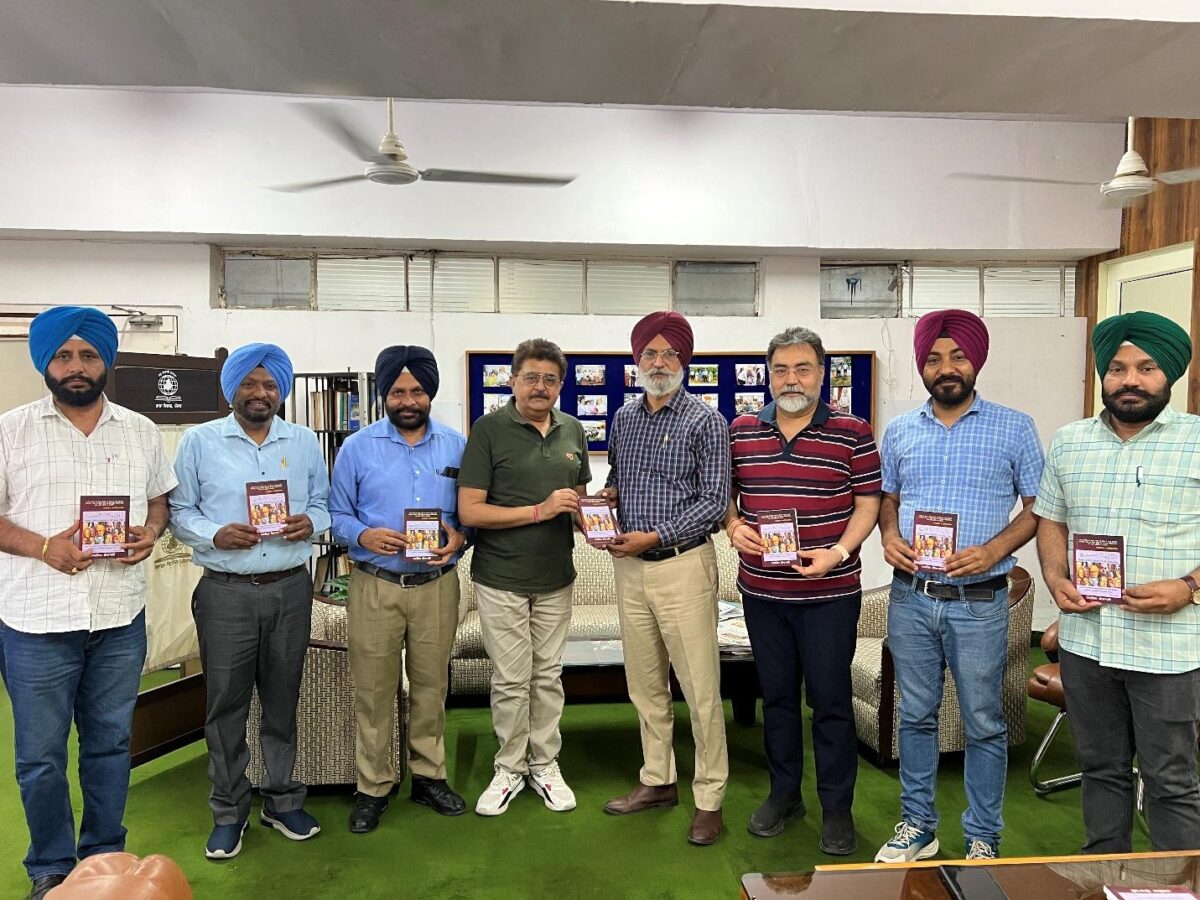A teacher humiliated a student by making him
wear a garland of shoes and slippers
While education is meant to “nourish and nurture” young minds, recent events in Dangar, East Khasi Hills of Meghalaya (India) have exposed the most despicable reality that threatens to “murder the talents” of tender children. Yes, the incident of corporal punishment at the Mary Immaculate LP and UP school under the central government’s SSA has literally sent chills down the spine of the state. The incident, which took place on July 21, involved a student of Class 6 being subjected to a degrading punishment for not being able to speak English. The head teacher and two staff members allegedly coerced the student into wearing a garland made of shoes and slippers – an act exclusively meant to shame and humiliate the tender child. This cruel punishment is not only an assault on the child’s dignity but also kills his inner caliber.
Moreover, it is outrageous that the student was further forced into cleaning dustbins where the teacher allegedly spits after chewing betel nuts. Such demeaning treatment of a child should be condemned. Well, this incident should “serve as a wake-up call” for our society and education system. Education is not merely about academic excellence but also about fostering a sense of “self-worth, confidence, and empathy”. When students are subjected to humiliation, their talents and potential are stifled, and they are left scarred emotionally and mentally; some even might think of self-harm, such as suicide.
However, one should not deny that some “fear of punishment” can deter misconduct and rudeness among students. It is imperative to approach discipline with caution, ensuring that it remains non-violent and focused on fostering a healthy learning environment.
Here, I earnestly urge the government to take “exemplary action” against all those involved in degrading punishment. The government must not only punish the offenders but also put stringent measures in place to stop similar incidents from happening again. Of course, education should always aim to bring out the “best” in each child, irrespective of their linguistic abilities or academic prowess. The focus should be on empowering students, encouraging their strengths, and providing support where they need it most. The aim should be to build a generation of confident, compassionate individuals who can contribute positively to society.

What if Albert Einstein, who was very “slow” in learning and speaking at an early age, was subjected to this kind of “repeated” humiliation? We might not have had an epoch-making MC2 and the THEORY OF RELATIVITY! That would mean we wouldn’t have access to the incredible technological advancements we have today. It is crucial to recognize that every individual has unique strengths and potential, regardless of their initial slow development. By fostering an inclusive and supportive environment, we can unlock the hidden talents and abilities of individuals, ensuring that no potential genius goes unnoticed or discouraged.
*****
An India-based writer and researcher, Salil Gewali is best known for his research-based work entitled ‘Great Minds on India’ that has earned worldwide appreciation. Translated into thirteen languages, his book has been edited by a former NASA scientist – Dr. AV Murali of Houston, USA. Gewali is also a member of the International Human Rights Commission, Zürich, Switzerland.




































